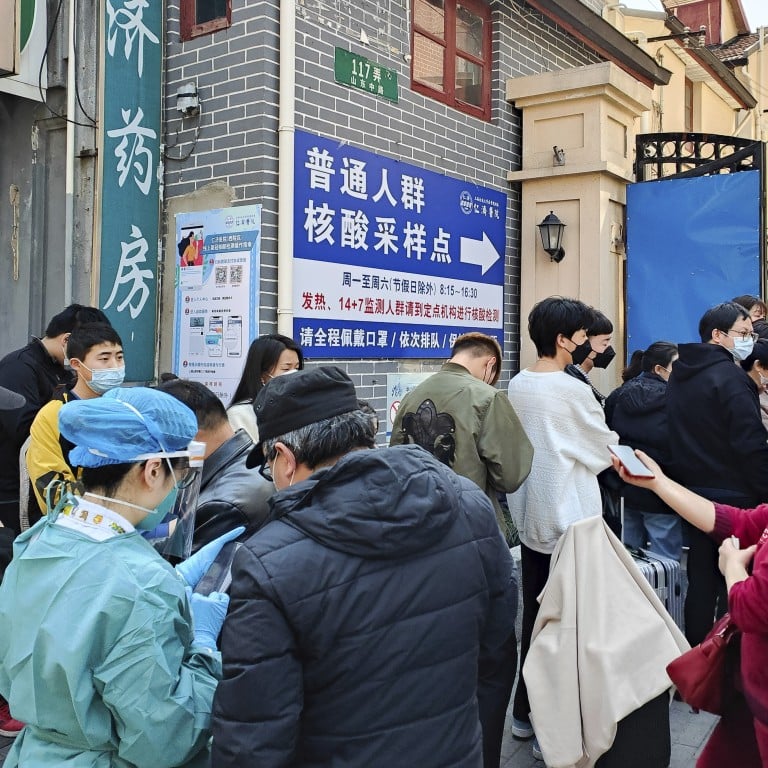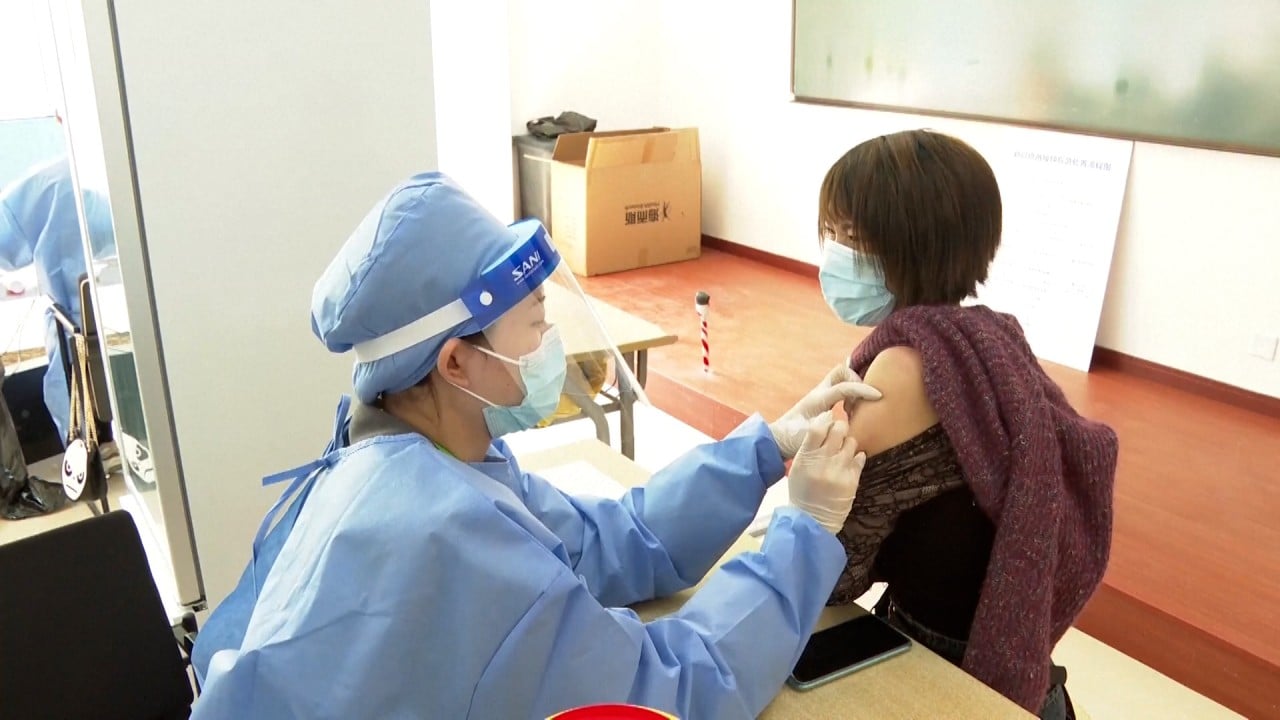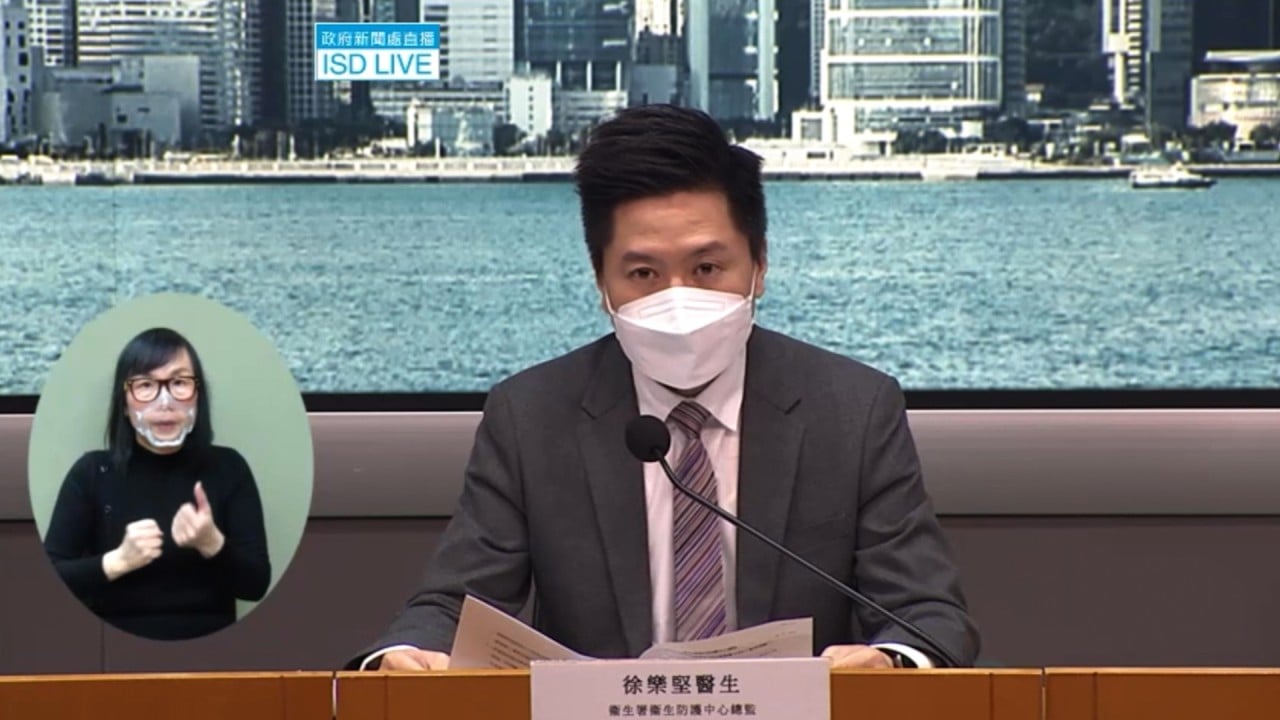
China’s zero-Covid policy tested as Shanghai’s worst outbreak traced to quarantine hotel
- Shanghai, once a model city in China’s Covid-19 fightback, is tackling its biggest outbreak of the pandemic
- Quarantine or isolation offer no guarantee of remaining Covid-free, notes Hong Kong-based virologist
“The virus came from an imported case polluting the environment, which led to domestic infections and spread due to regulatory oversight,” a short notice from the Shanghai government said on Friday.
It further identified the area of oversight as the Huating Hotel, a designated quarantine centre for travellers from outside the mainland.
The eastern metropolis of Shanghai, a bustling financial hub, was seen as a model city in China’s Covid-19 fightback, with its precise contact-tracing and pandemic prevention measures that kept public inconveniences to a minimum.
However, the city of 26 million is now battling its worst outbreak since the coronavirus pandemic emerged in 2020, with more than 300 infections reported this month. Shanghai had logged only 400 cases and seven deaths in the two years before the latest wave.
On Friday, Shanghai reported 11 new local cases and 64 asymptomatic infections, mostly among people already under quarantine. Only symptomatic cases are classified as “confirmed” by Chinese health authorities.
Mass screening and partial lockdowns have been launched in various areas, and all middle and junior schools have switched to online learning.
China has described its efforts to clamp down on the Covid-19 virus as “normalisation of epidemic control”, with officials scrambling to control outbreaks across the country. However, there are difficulties in keeping local cases low while not entirely shutting the door to the outside world.
Premier vows China’s Covid-19 strategy will save lives and supply chain
Shenzhen in southern Guangdong province has faced repeated outbreaks since January, as the pandemic hits new highs in Hong Kong next door. Local authorities have reported cases among quarantine hotel staff, and a rise in imported infections.
Professor Jin Dong-Yan, a molecular virologist with the University of Hong Kong, said the tracing of the new Shanghai outbreak to an isolation hotel showed that “quarantine or isolation is not a guarantee” of remaining coronavirus-free.
It was difficult to maintain zero-Covid policies and keep the door open to the outside world at the same time, he said. “It’s very challenging, a dilemma.”
Jin drew comparisons to Hong Kong, once also regarded as a role model in the fight against Covid-19. There were now lessons to be learned, he said, including vaccinating the elderly as a priority.
The mainland might also be forced to change its stance, he said.
On Friday, the State Council announced that rapid antigen tests would be accepted as a supplement to Covid-19 nucleic acid tests, to “further optimise coronavirus screening strategies” in mainland China. It would be used for speedy diagnosis at community clinics, for people under quarantine or those who need to self-screen.

.jpg?itok=H5_PTCSf&v=1700020945)

